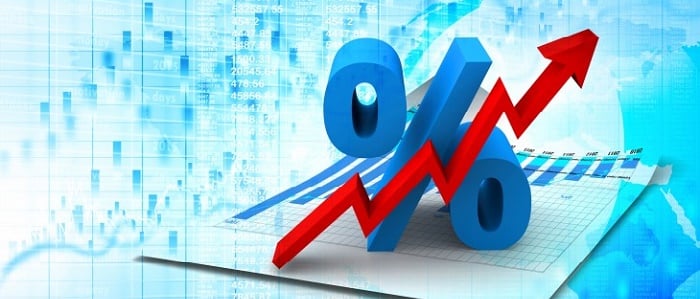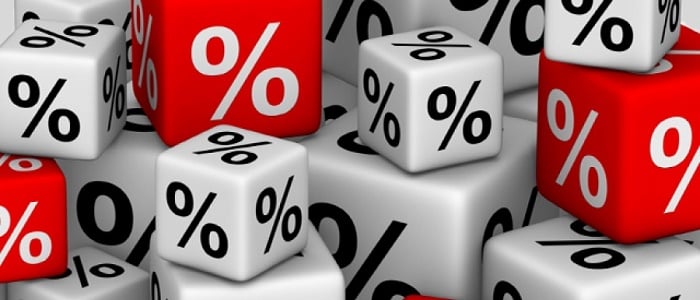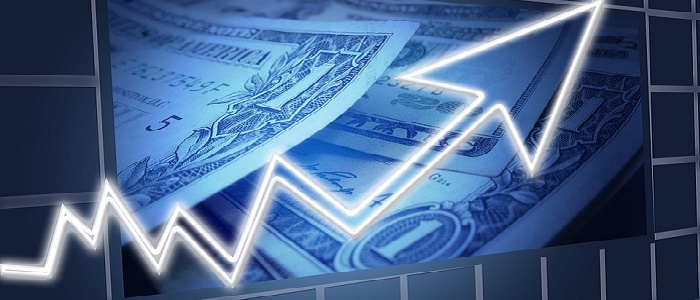 What is interest?
What is interest?
Interest was first used by the Sumerians in 300 BC . So it has about 5000 years of history. Products given as debt are seeds. In return for the debt 20% more seeds, the creditor is taken back by. As you can see, it complies with the above definitions. There is not only money, but also the rate of return on the manufactured goods. This is called interest. Of course, according to beliefs, there are different interpretations of interest. According to Islam, interest is haram; double standards are applied in other religions. Thus, neither interest nor grant is not considered haram.
What is the Interest Rate?

Varieties of interest rates are quite high. Accordingly, the amounts to be paid vary. Credit type, duration, buyer's features, conditions of the institution giving the loan and so on. all of the situations make a difference . Since the rates vary between banks, consumers prefer the most suitable ones among the alternatives. In this context, I would like to list some of the loans that banks offer and which are often life-saving; mortgage loan, personal consumer loans , SME loans, car loan , mortgage loans, discount (surrender) credit, spot creditsand a rotary credit. You can use many options to choose from to meet your needs. What you need to be aware of here is that interest rates should be low. Thus, in contrast to high interest rates, you pay less for low rates.
How to determine the interest rate?

You know that central banks have to establish a monetary policy that provides price stability. For this, banks can lend money or borrow money. In terms of establishing monetary policies, bond or deposit rates are followed. Accordingly, the situation of inflation is determined. Even ifinflation is high and the central bank implements policies to lower interest ratesinterest rates in the market are not affected. It continues in the high course. In this case, while investments and production declines, unemployment rates increase. Therefore, the financial structure collapses. To prevent the crisis from occurring, the central bank implements a regulatory policy. With the decrease in inflation, the confidence in the economy will increase and the amount of investments and production increases. The unemployment rate decreases. Thus, the transition from the shrinking economy to an expanding economy.
In order to determine the factors that need to be taken into account for the determination of inflation; factors affecting the economy such as production and consumption amount, wages, employment, unit costs of labor, economic data, public prices, monetary indicators, changes in exchange rates, balance of payments, changes in financial markets, credit size. As a result of these factors, inflation in the country is determined. Interest rates are then decided by making studies for expansionary policy. Thus, the rates described are shared with the public in accordance with the principle of transparency and openness. Accordingly, the consumer takes his own measure.
Why do interest rates change?

Economic policies, decreases in the salaries of civil servants, decrease in tax rates, and decline in the balance of goods and services market. Therefore, fluctuations are seen in the money markets. In this context, the central bank has to reduce the required reserve ratios. In this case, there is a monetary expansion in the markets . Therefore, a price stability policy is applied by the central bank in terms of ensuring balance.
What happens as a result of the rise and fall of interest rates?

As a result, I discussed the answers to questions such as interest, what the interest rate means, how it is calculated, why it is simple. As a result of the rise and fall of interest rates, I briefly mentioned what happens. This issue, which is related to the economy, should be known and followed by the investors in particular. Because the rising or decreasing rates affect the value of the instruments traded directly in the money markets. For this reason, if you do not want to harm, you should know the important aspects of economic data. You can learn these in detail through the free training services of the intermediary institutions. Thus, you can act consciously as successful investors. You can evaluate your savings in profitable ways.


0 coment�rios: